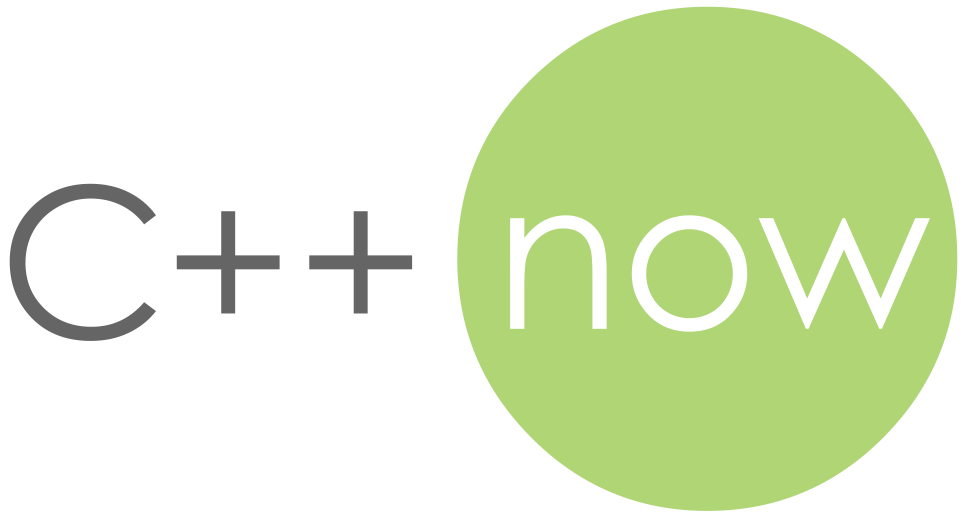Italian C++ Conference 2019: Call for sessions and sponsors
I am very happy to announce the 4th edition of the Italian C++ Conference, the biggest annual conference about C++ development in Italy.
When: June 15, 2019
Where: Milan (Politecnico di Milano)
Website: https://italiancpp.org/itcppcon19
I am very excited to have Andrei Alexandrescu as keynote speaker this year!
The call for sessions is open until Feb 28:
One track will be entirely in English.
The event is totally not-for-profit so we are looking for sponsors. For more information, please get in touch by sending an email to info [at] italiancpp [dot] org.

